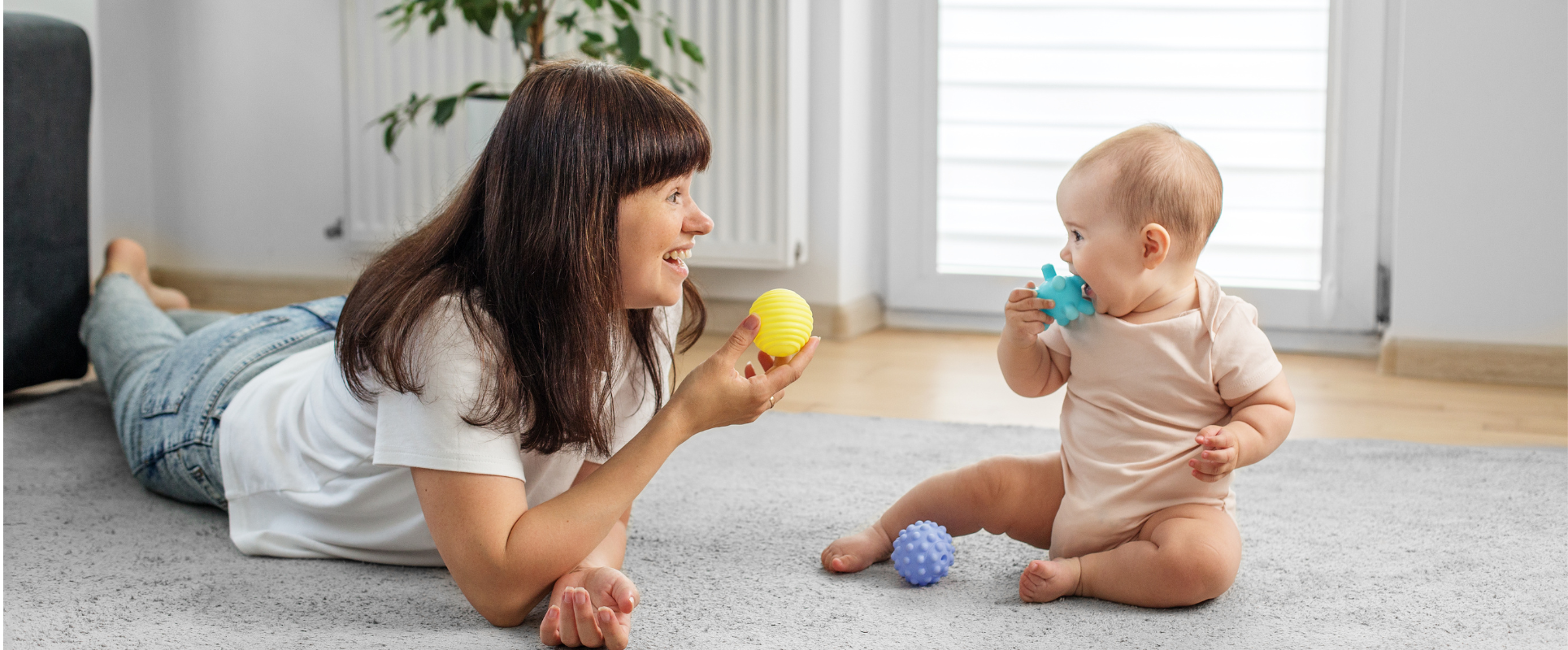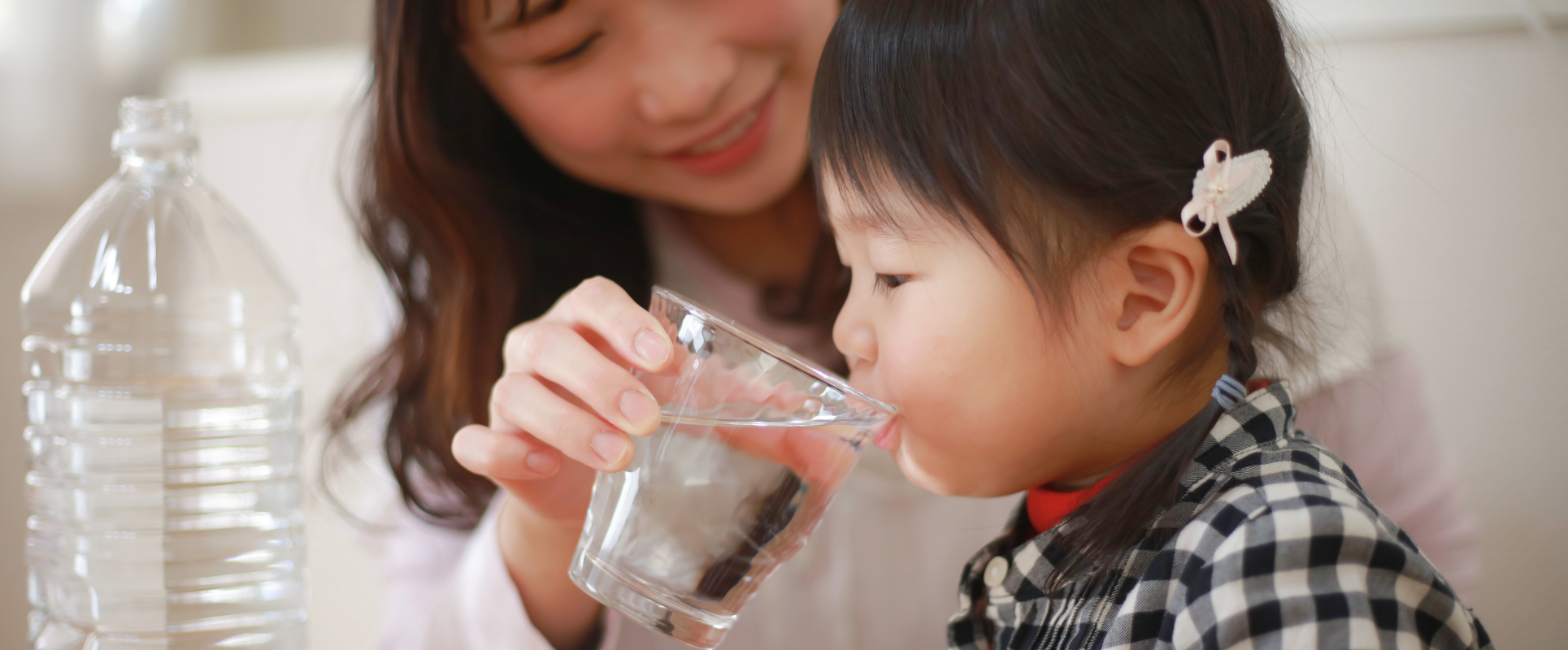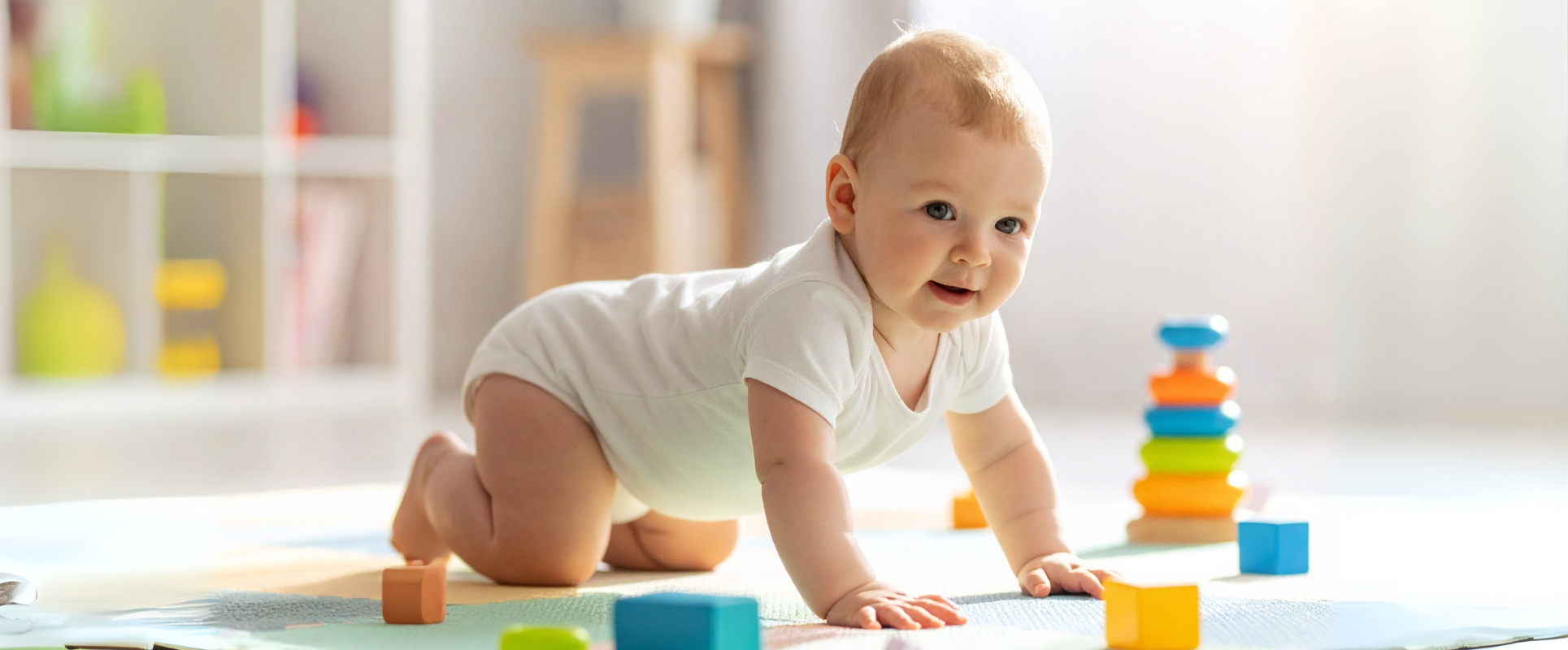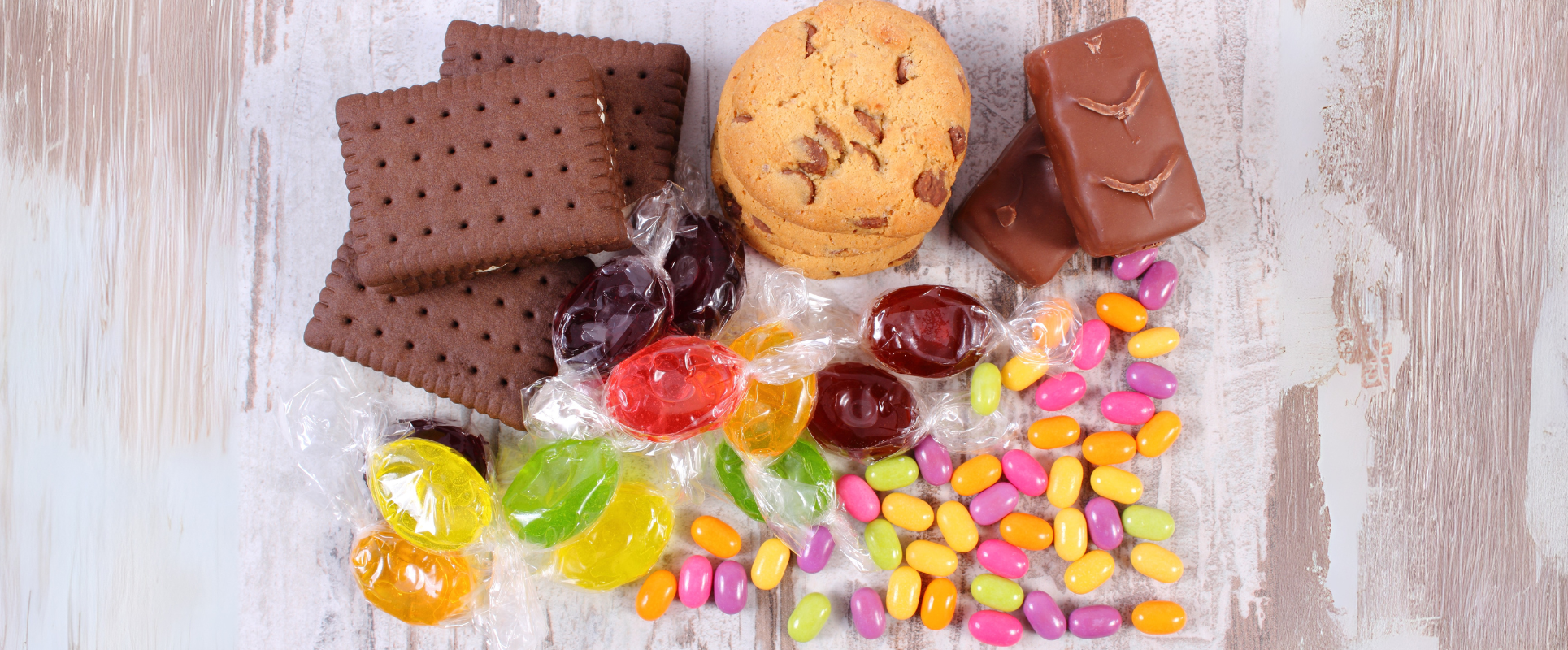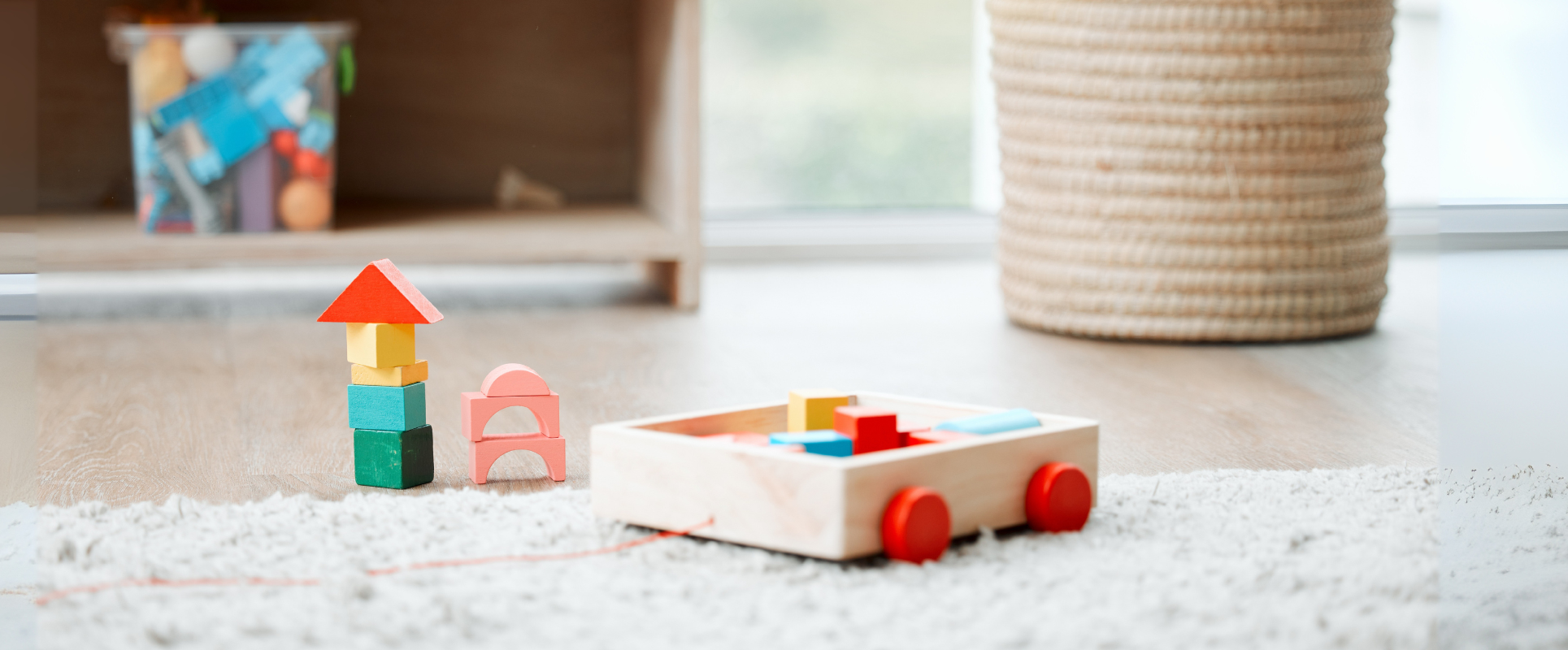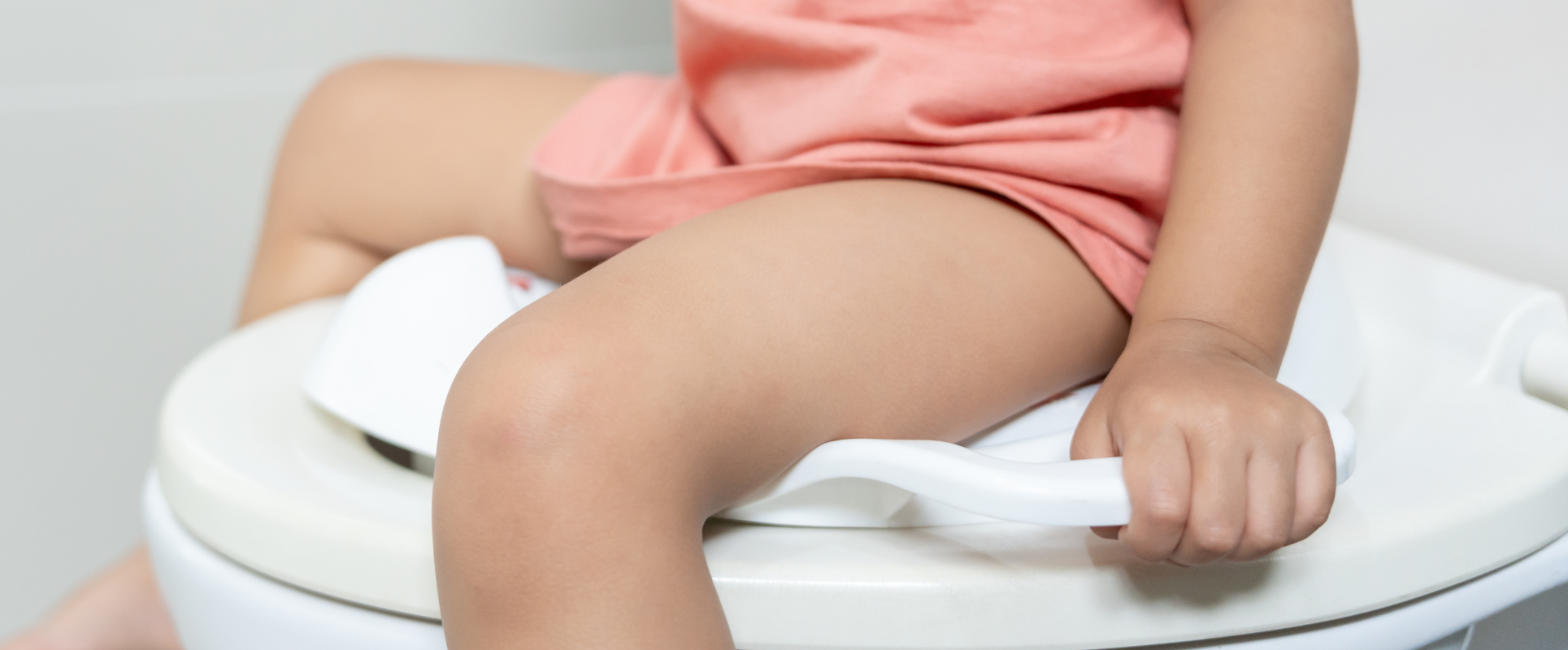
Diarrhea in Children: How to Recognize, Support, and Protect Your Little One
When your child has diarrhea, it can be distressing — not just for them, but for you as a parent. At DabiDabi, we believe that care begins with understanding. This guide helps you gently navigate this common condition, with practical tips, expert insight and reassurance that you're doing your best.
1. Why Does Diarrhea Happen in Young Children?
Children’s digestive systems are still developing, making them more vulnerable to:
-
Viral infections like rotavirus or norovirus (most common)
-
Bacterial infections, e.g., E. coli or Salmonella
-
Food intolerances or allergies (e.g., lactose)
-
Antibiotic-related imbalance
-
Poor hygiene or unclean water, especially in travel or daycare settings
According to the World Health Organization (WHO), diarrhea remains a major cause of illness in children globally but with the right care, most cases resolve safely at home.
2. Signs of Dehydration to Watch Closely
While diarrhea itself often passes within 1–3 days, the real concern is dehydration. Look for:
-
Fewer wet diapers or trips to the toilet
-
Dry lips or tongue
-
Sunken eyes or soft spots (fontanelle)
-
Lethargy, listlessness, or excessive sleepiness
-
Crying without tears
These signs require prompt attention. Never hesitate to call your pediatrician if you’re unsure.
3. Gentle Home Care: What You Can Do
Keep Fluids Flowing
Offer oral rehydration solutions (ORS) like Pedialyte or homemade salt-sugar water. Small, frequent sips are easier to keep down than large gulps.
Continue Feeding
Breastfeeding and formula feeding should continue as normal. For older children, offer simple, gentle foods: bananas, applesauce, rice, toast.
Prioritize Hygiene
Wash hands before and after every diaper change or toilet visit. Disinfect surfaces and toys frequently.
Track and Observe
Note the number of loose stools, fluid intake and any signs of fever or worsening fatigue. Keeping a journal can be helpful if you need to speak with a doctor.
4. When to Seek Medical Help
Call your pediatrician if:
-
Your child is under 3 months old with diarrhea and fever
-
Diarrhea persists beyond 48 hours
-
You notice blood in the stool
-
Vomiting prevents your child from keeping any fluids down
-
Your child has a high fever (>39 °C or 102°F)
-
There are clear signs of dehydration
At DabiDabi, we always remind parents: Trust your instincts. You know your child best.
5. Can Diarrhea Be Prevented?
While not all causes are avoidable, you can reduce the risk with:
-
Frequent handwashing, especially after toileting and before meals
-
Safe food preparation: wash fruits and cook meats thoroughly
-
Clean drinking water
-
Routine rotavirus vaccination, as recommended by your pediatrician
Final Thoughts from DabiDabi
Diarrhea is common and in most cases, temporary. The most important things you can offer your child are hydration, comfort and calm support. With love, care and a little know-how, your little one will bounce back soon.
Born2Care: Care for skin. Care for children. Care for a better future.
References
-
World Health Organization (WHO): Diarrhoeal Disease
-
Mayo Clinic: Diarrhea in children
-
Kliegman, R. et al. Nelson Textbook of Pediatrics, 21st Edition

